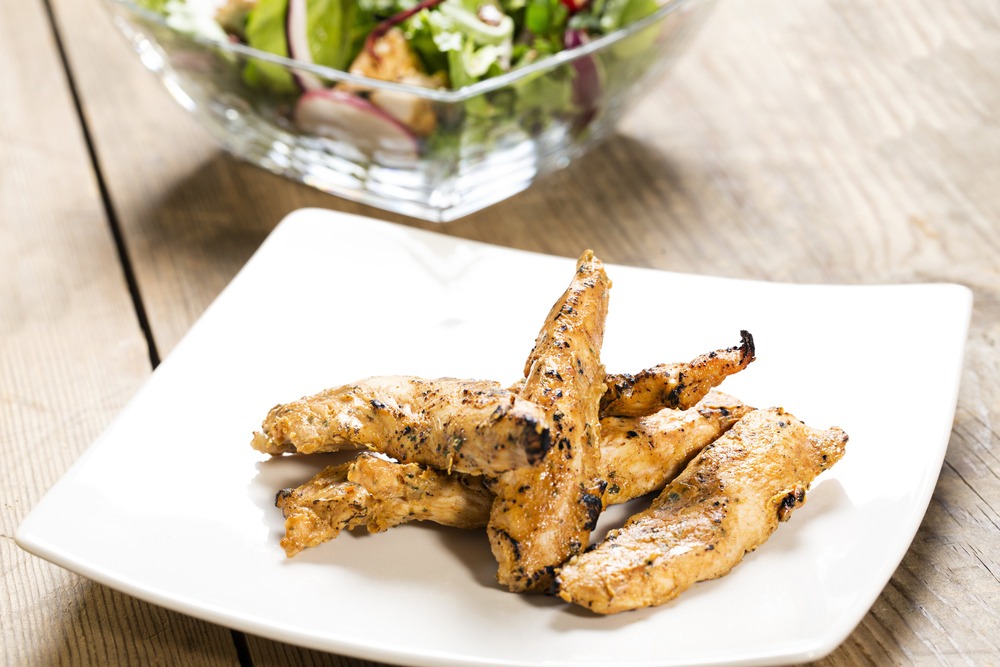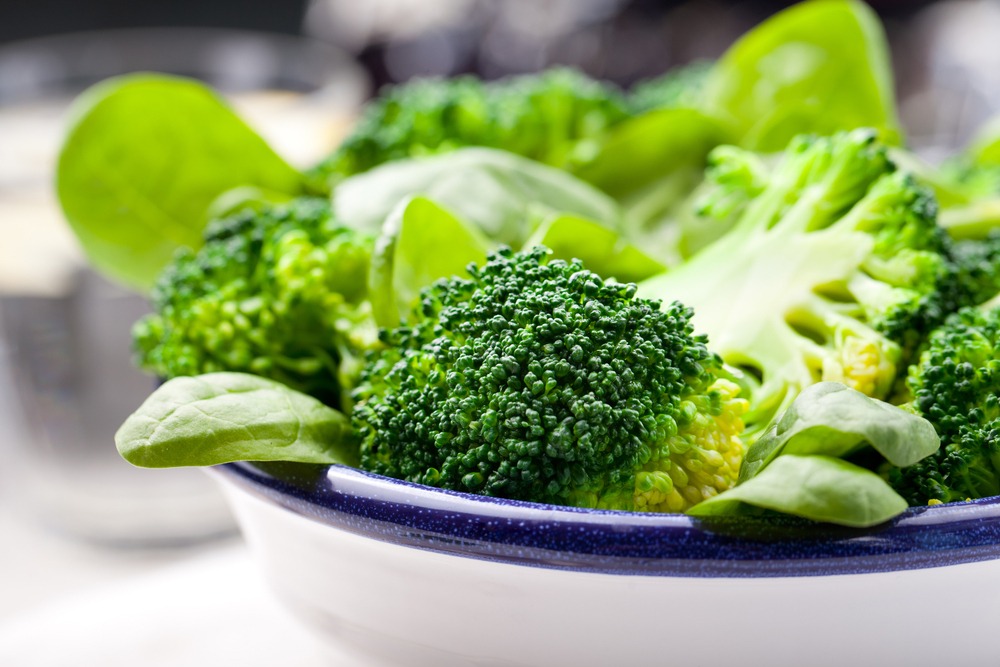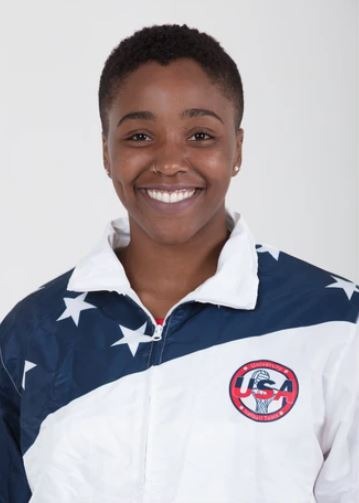
As an elite athlete subject to anti-doping rules, I know the value of whole foods and the risks surrounding supplements. Supplements are named for what they are: they are not meant to replace whole foods, but to supplement or provide you with nutrients that you may be missing from a diet. And if you eat a balanced diet, it’s rare to have a deficiency! That’s why I try my best to eat foods that can provide me with as many nutrients as possible, which will both keep me healthy and prevent the need for risky supplements.
I’ve learned how and why to prioritize whole foods over time. Unfortunately, back when I was in school, I had to drink protein shakes and eat protein bars after practices because I usually had class right after and didn’t have time to eat a meal. I started prioritizing whole foods when I decided I needed to become serious with my training. I knew that I wouldn’t be able to get stronger, faster, or build my energy up if I didn’t eat well.
Here are some of the other reasons why I moved away from protein bars and other processed foods in favor of whole foods and unprocessed protein sources:
Whole foods are loaded with important nutrients that protein bars and a lot of processed foods don’t have.
Whole foods are also cheaper in the long run – eating healthy, hearty foods helps prevent me from getting sick and taking unnecessary trips to the doctor.
Whole foods are also good for your gut. I realized that I can’t eat/drink certain processed foods because my stomach just can’t digest it. It throws off my entire gut microbiome.
Whole foods also help prevent me from overeating. Processed foods are a source of empty calories (foods with limited/no nutritional value), and I’m more likely to eat again after I’ve consumed a lot of high-fat foods.
Replacing processed protein sources doesn’t have to be fancy, expensive, or hard! Here are the foods that I rely on for protein instead of protein bars:
Grilled chicken strips
Ground beef/lamb
Oatmeal
Broccoli and spinach


These are affordable, accessible, and it’s very easy to use them to make dozens of various dishes. They are also super-fast to cook, so you don’t have to spend a lot of time in the kitchen!
THE SCIENCE: The following are healthy ways to build muscle:
- Follow a strength training program that challenges muscles.
- Add 500 to 1,000 more calories each day to current dietary intake, to allow the body to use protein already present in the diet for muscle growth and not be broken down to fuel activity.
- Eat foods that are both high in carbohydrates and proteins like grilled chicken sandwiches, peanut butter sandwiches, and Greek yogurt with granola.
- Choose low-fat sources of both carbohydrates and protein.
- Eat several small meals that include about 30 grams of protein or about 0.3 grams of protein/kilogram throughout the day will support training and muscle-building.
- Choose lean animal sources of protein (i.e., dairy and meats), which are more efficiently absorbed by the body.
About Amara Mbionwu
 Amara Mbionwu is the captain of the women’s USA Netball team and a TrueSport Ambassador. Over the course of her athletic career, she has helped her team take second place at the 2017 U.S. Open, and earned recognition as the 2018 MVP Player at the Invitational Coupe du Quebec and as the 2019 Vicki Wilson MVP Award winner.
Amara Mbionwu is the captain of the women’s USA Netball team and a TrueSport Ambassador. Over the course of her athletic career, she has helped her team take second place at the 2017 U.S. Open, and earned recognition as the 2018 MVP Player at the Invitational Coupe du Quebec and as the 2019 Vicki Wilson MVP Award winner.
What is food-first nutrition?
Every athlete wants to reach their peak performance, which often means pushing harder and longer in training and in competition. In the quest to reach their maximum potential, many athletes know that good nutrition is critical, but they may also look to the latest supplements and trendy diet regimens to give them that extra boost.
Some athletes, on the other hand, have found that a food-first approach is all they need to achieve peak performance. While some athletes may need to supplement their dietary intake because of a medical condition, many athletes can properly fuel their bodies and meet all their bodies’ needs with the right food.
In the Food-First Nutrition series, Olympians, Paralympians, and elite athletes share how they maintain the strength and energy they need to compete at the highest levels of sport through a food first approach. For more information on the best foods for athletes, check out the TrueSport Nutrition Guide.
Read more Spirit of Sport blog posts



